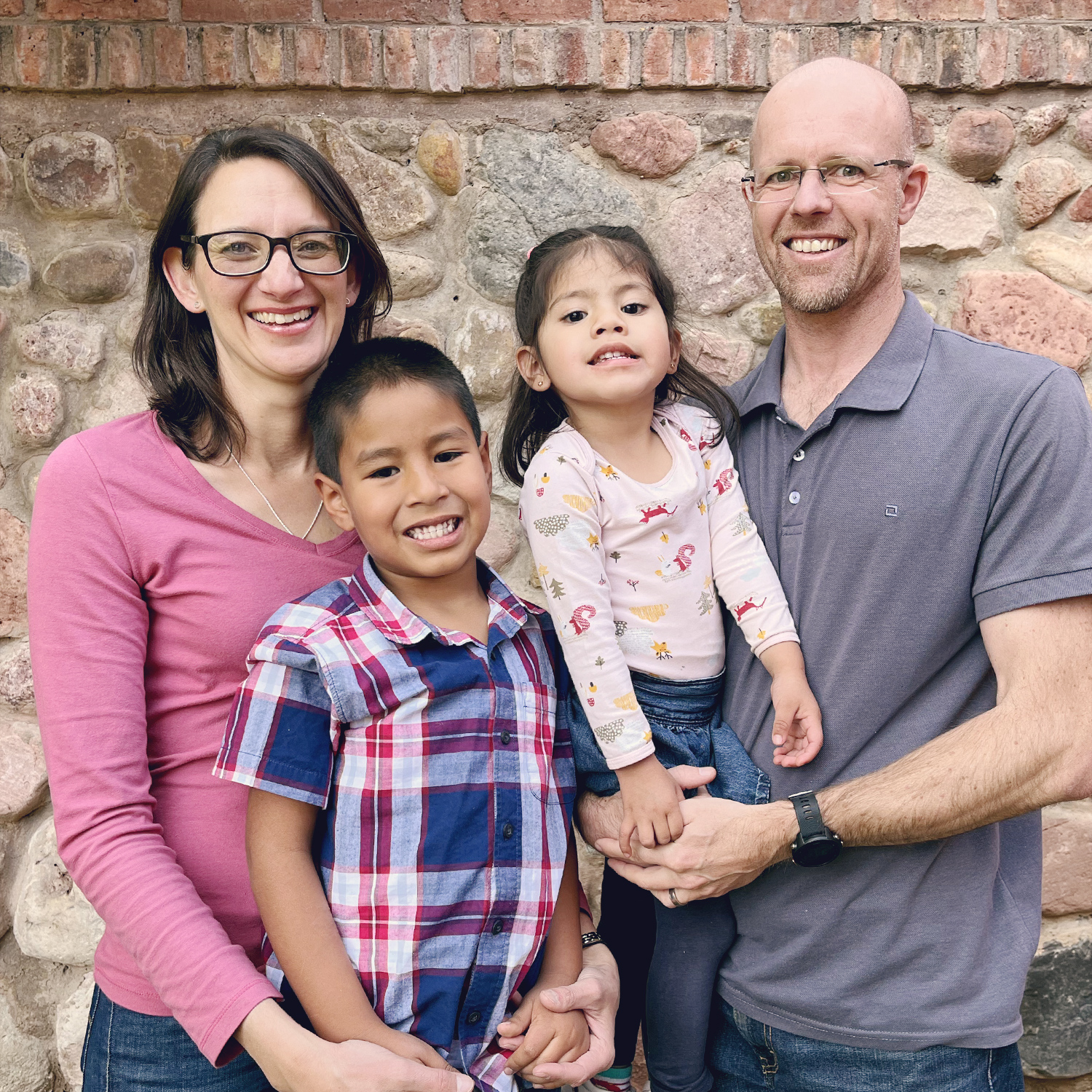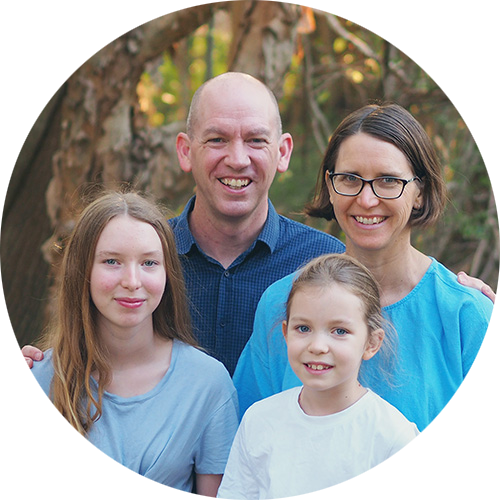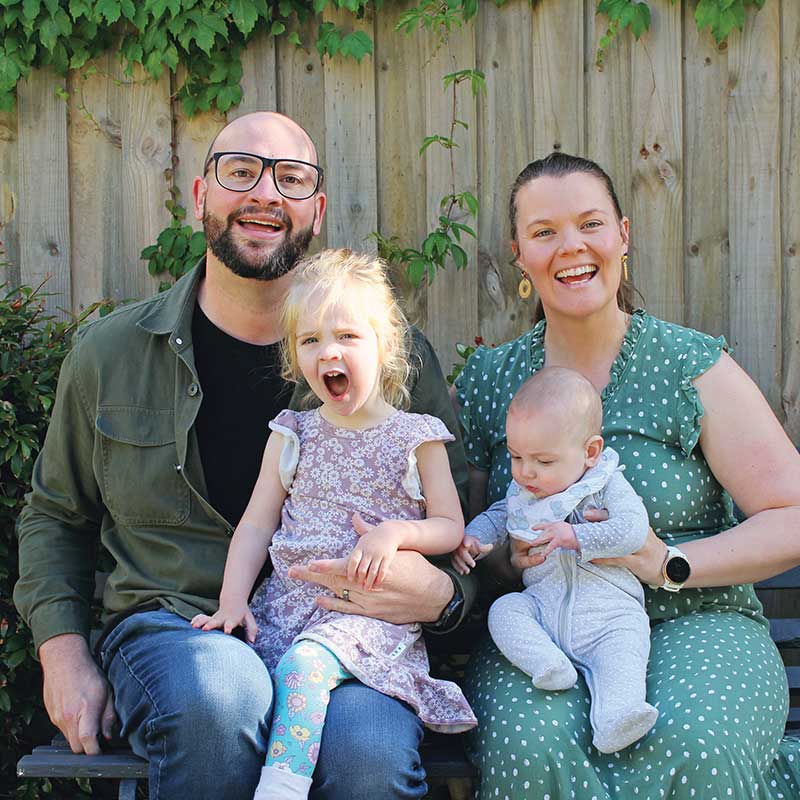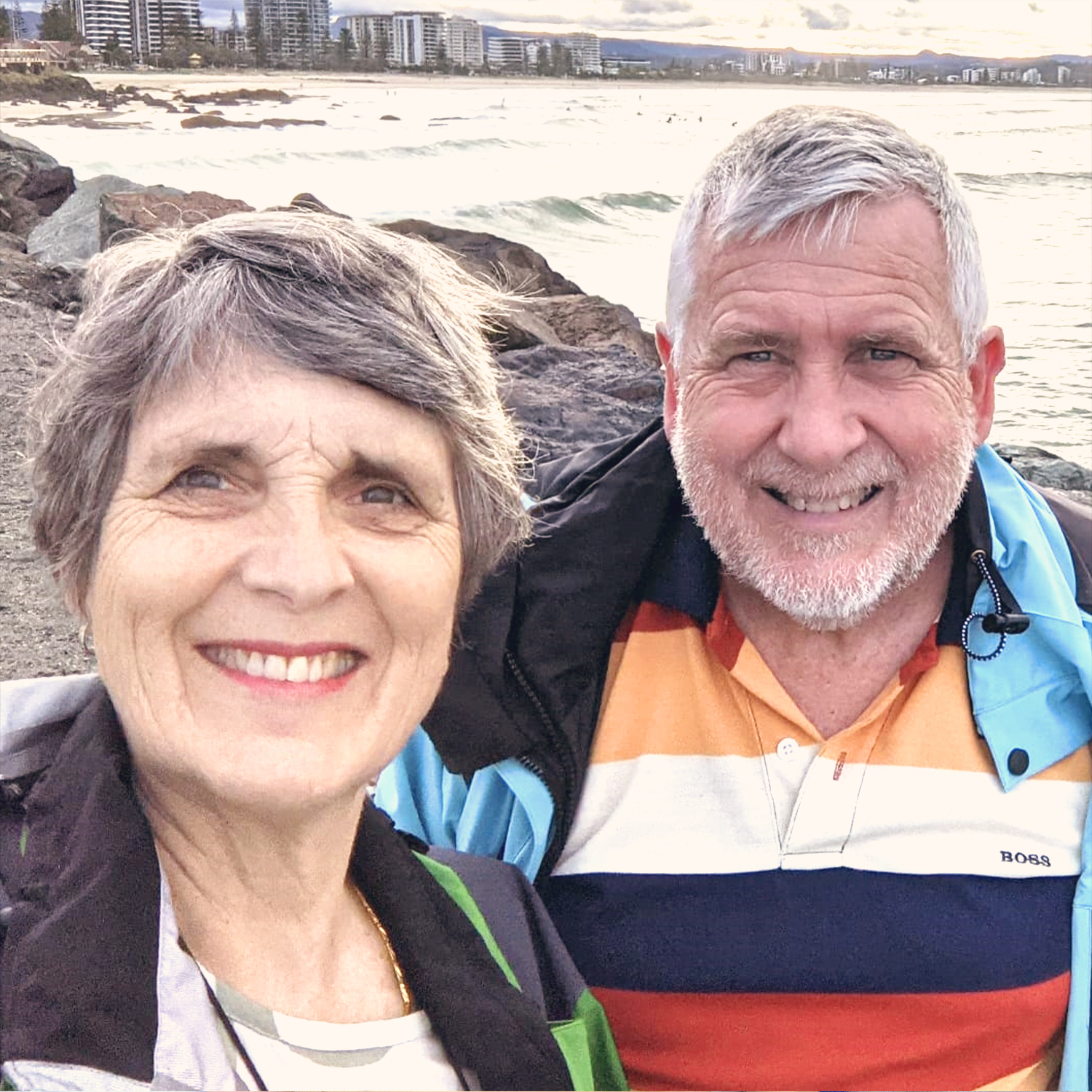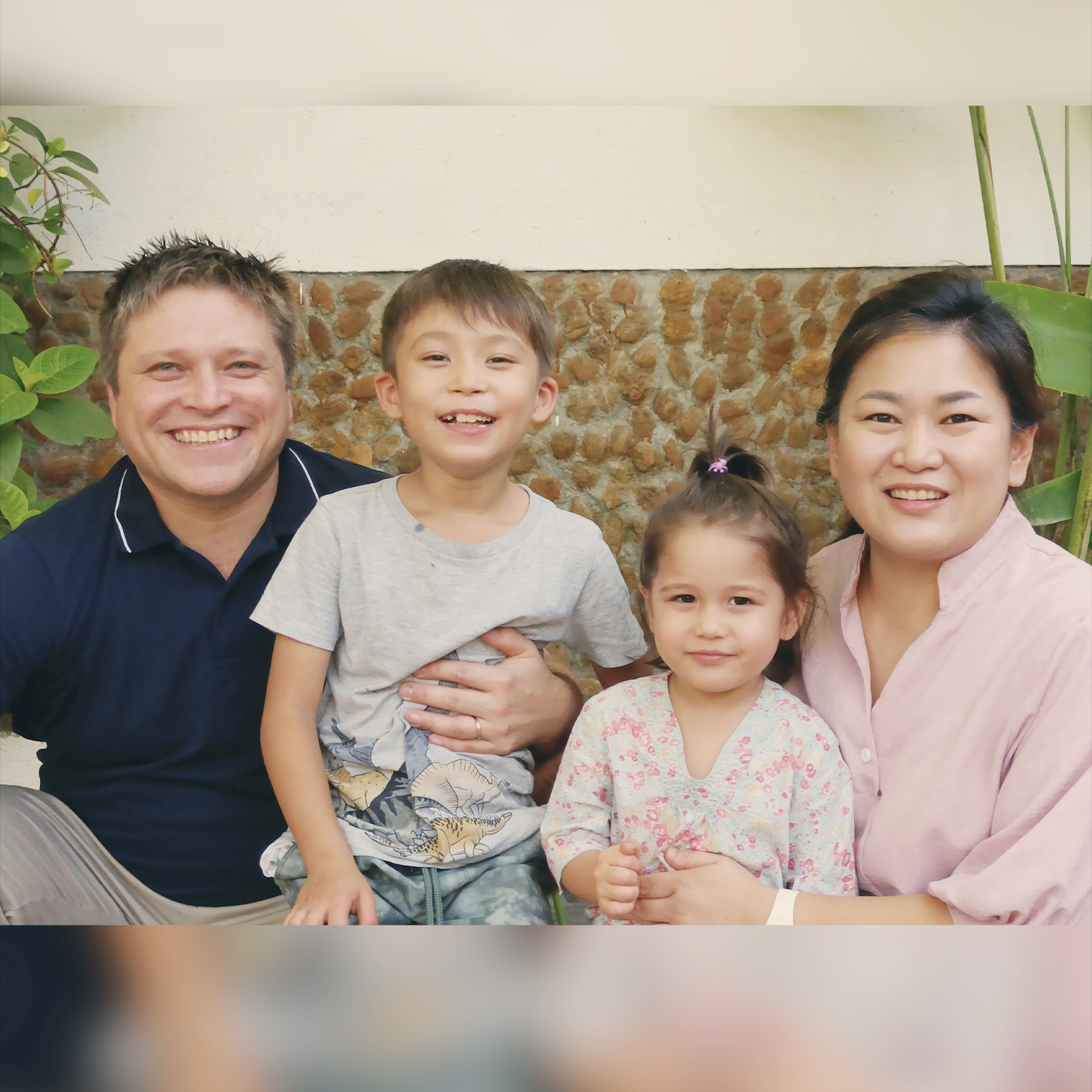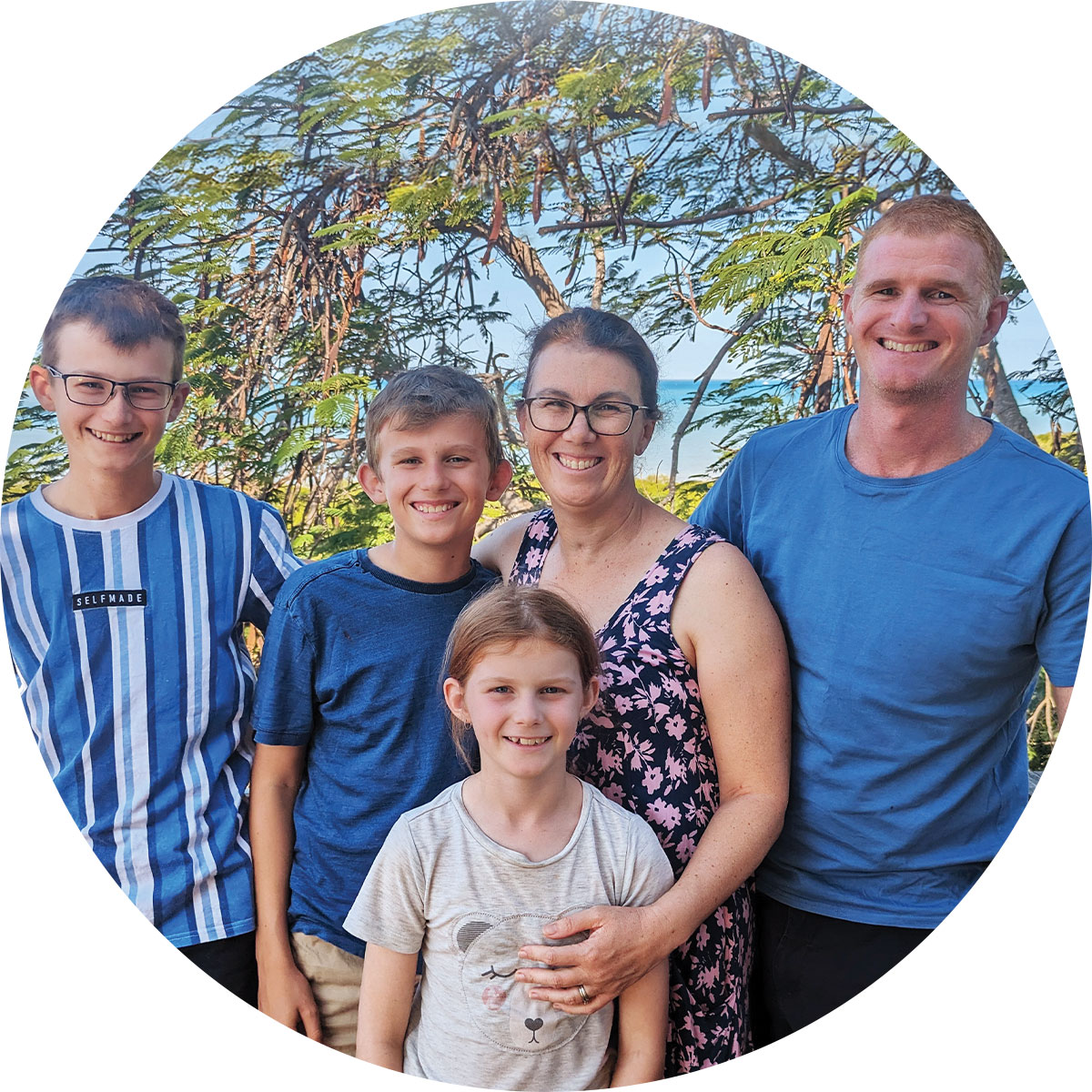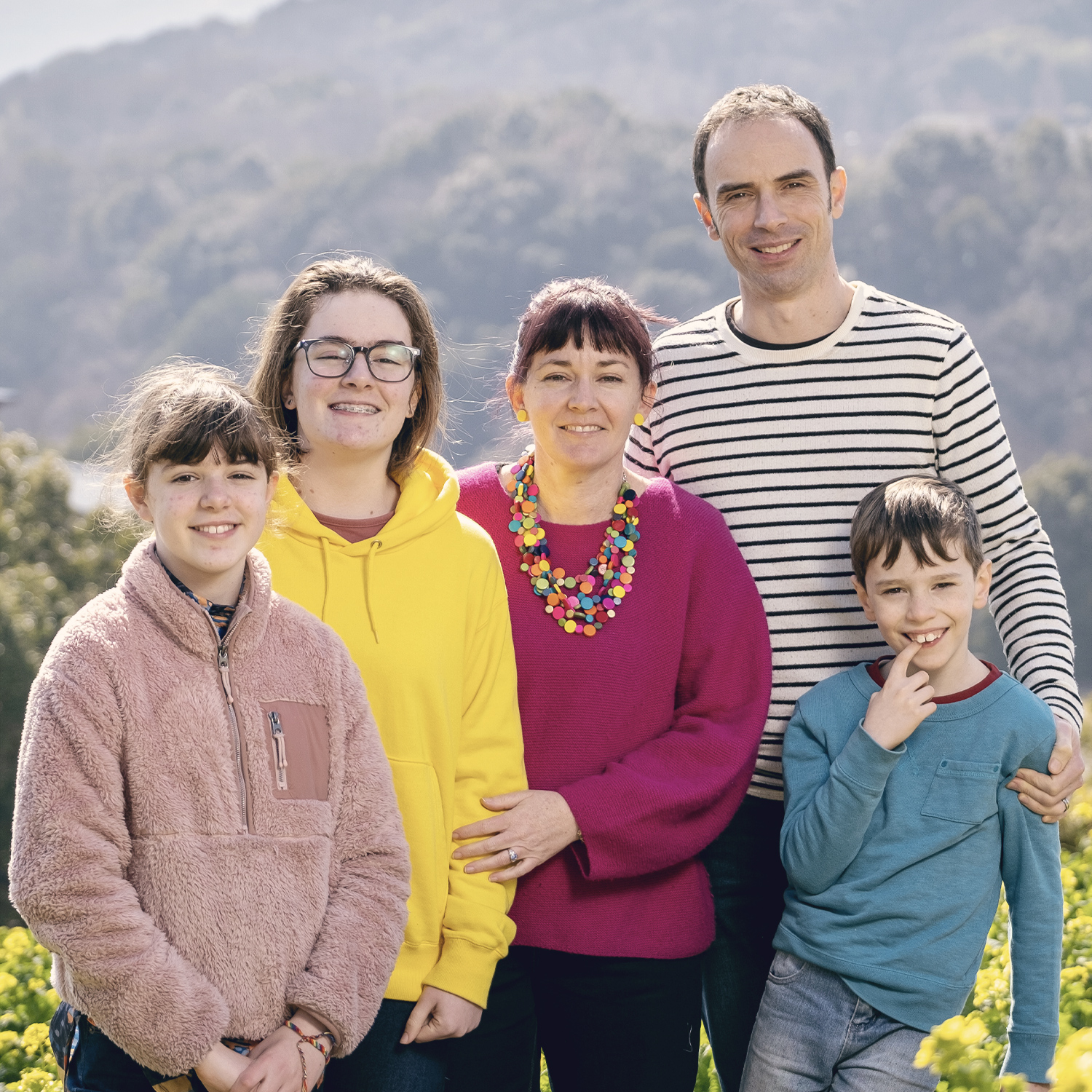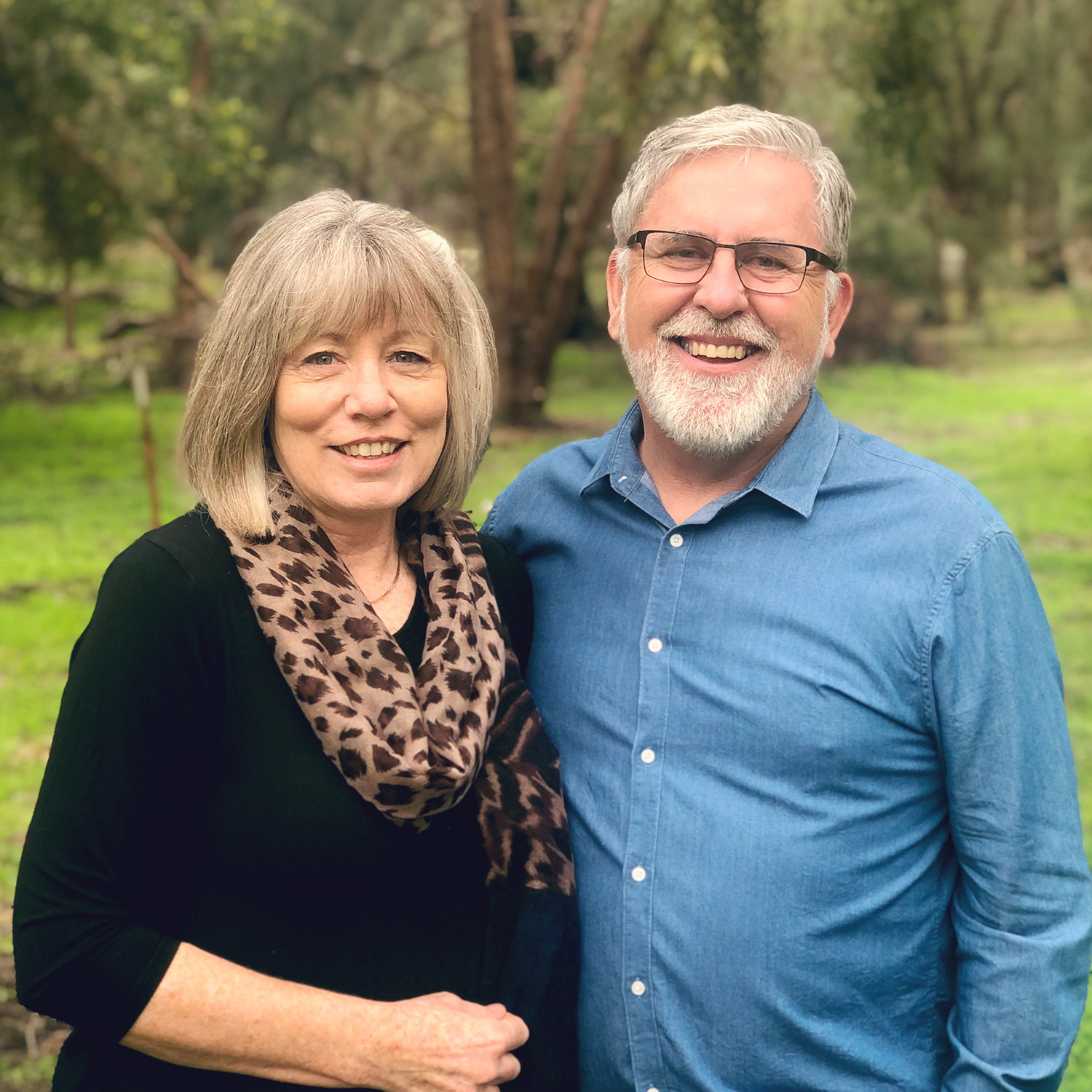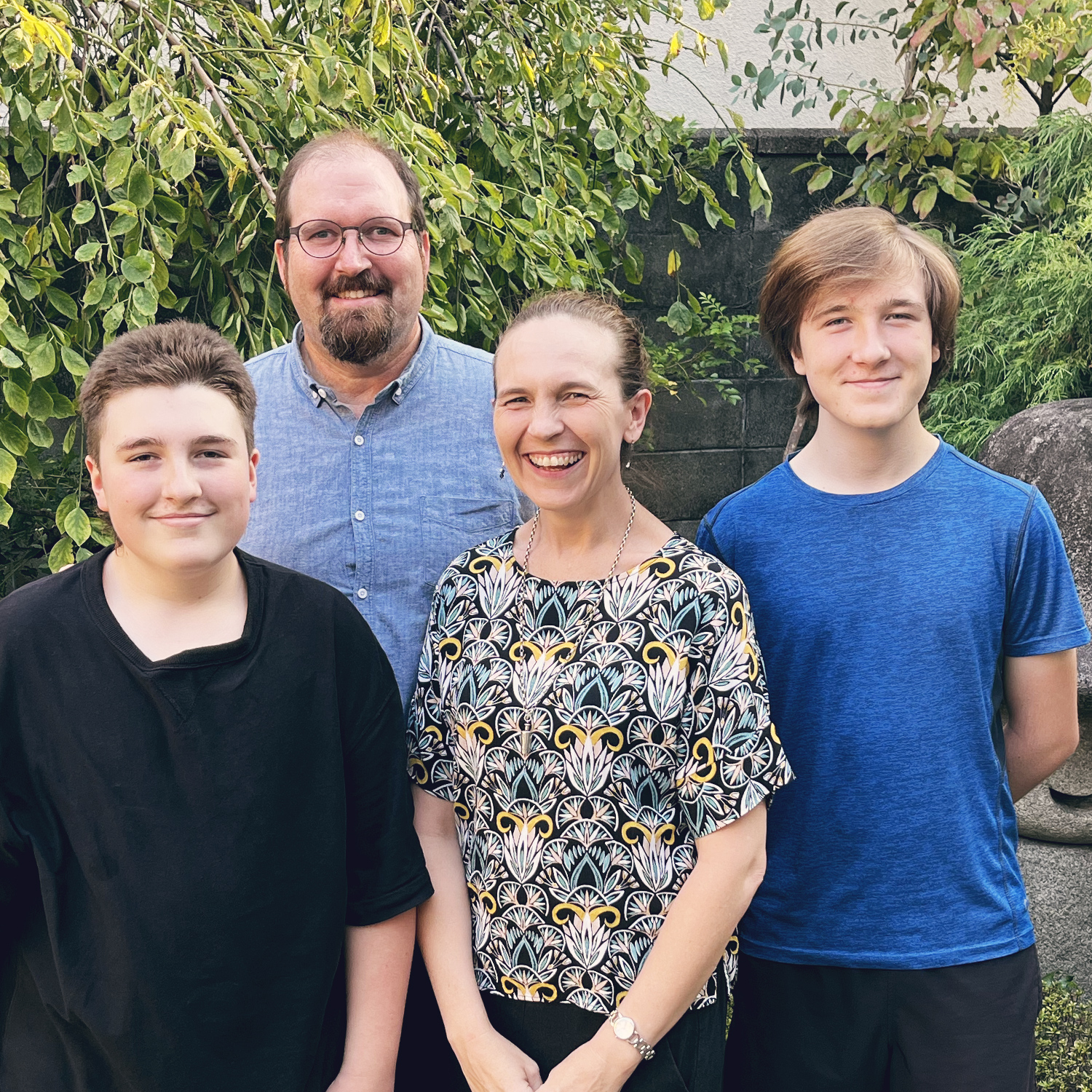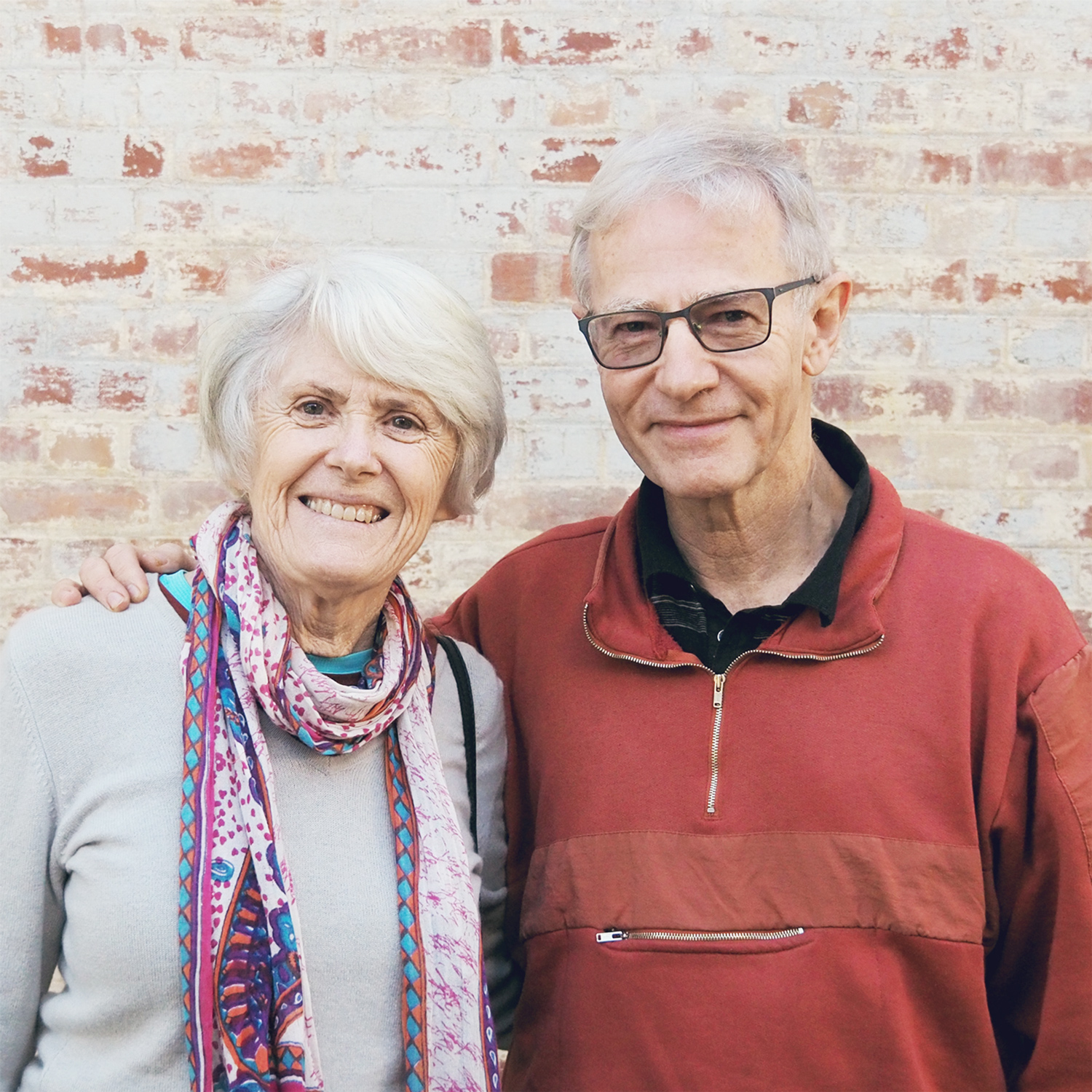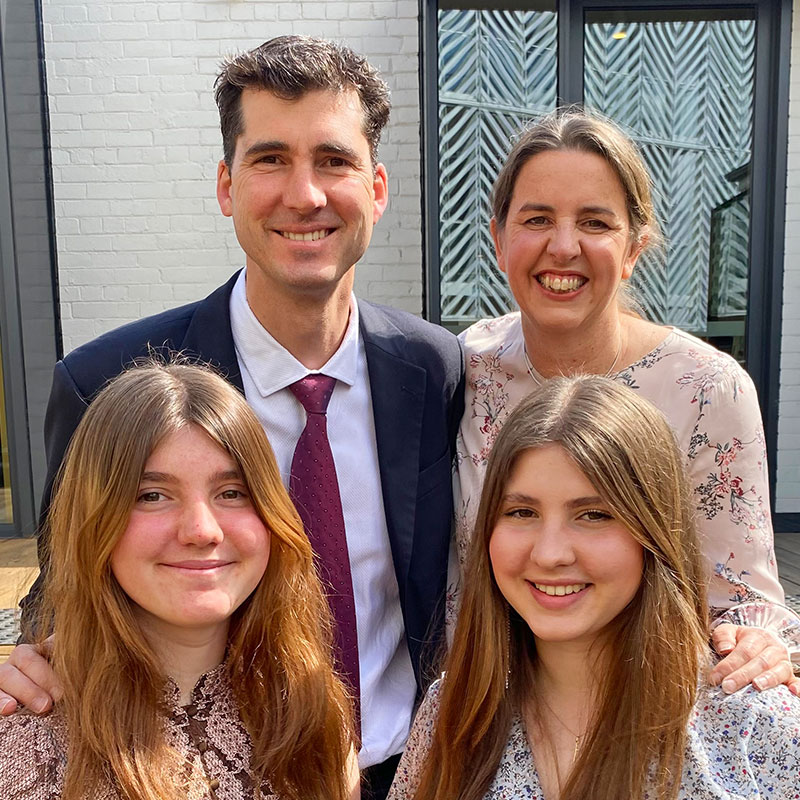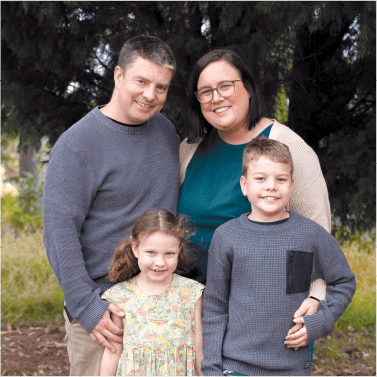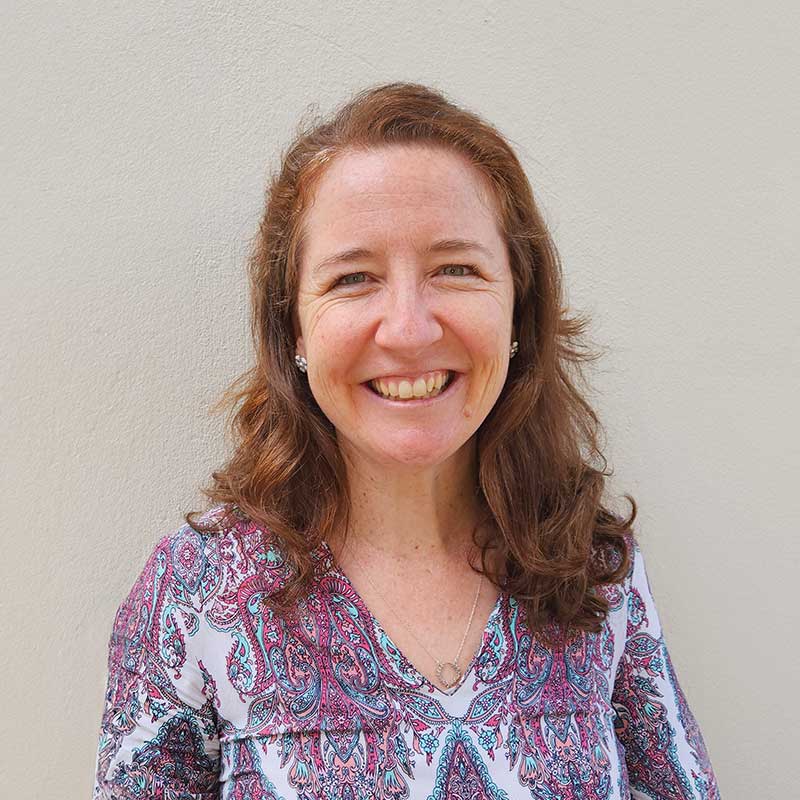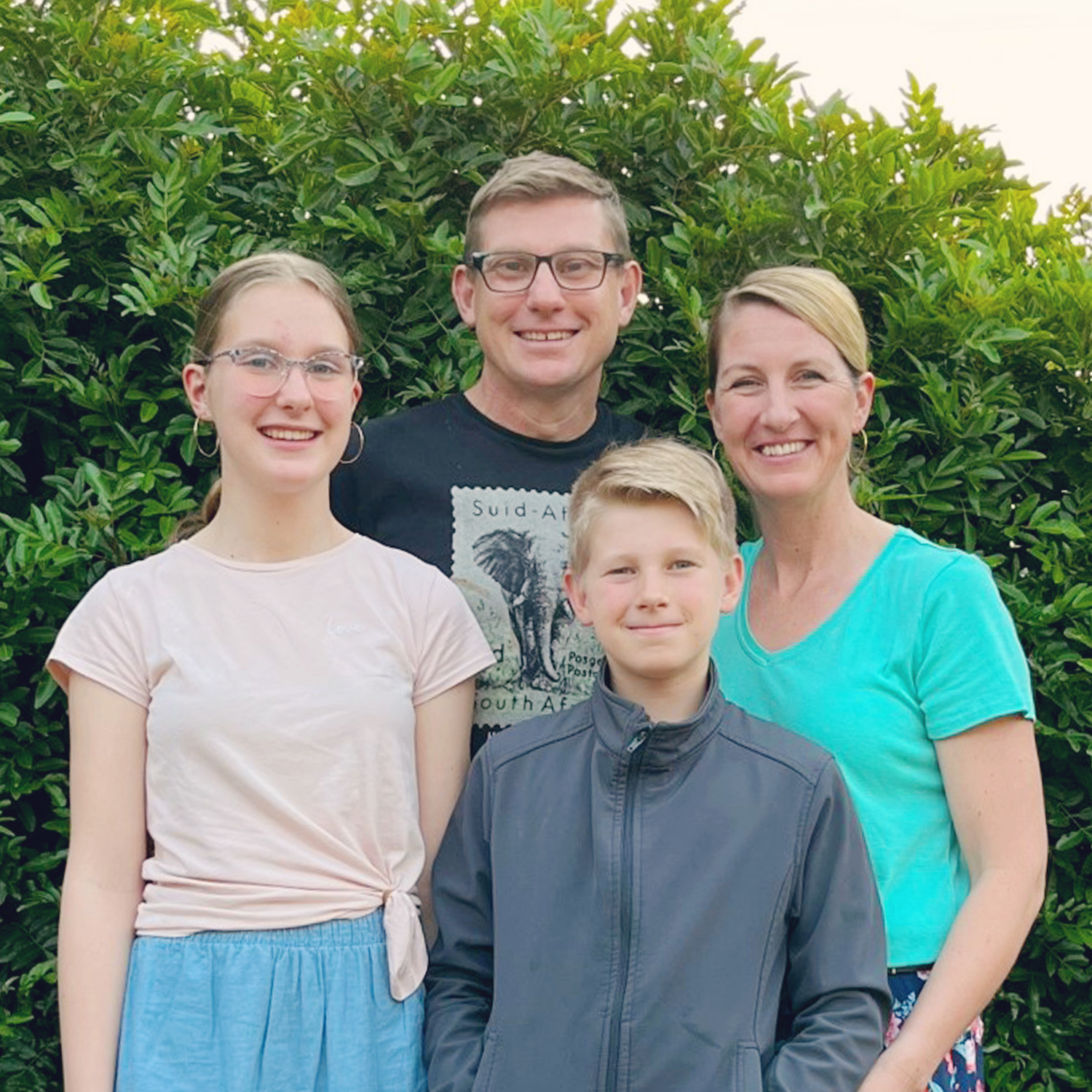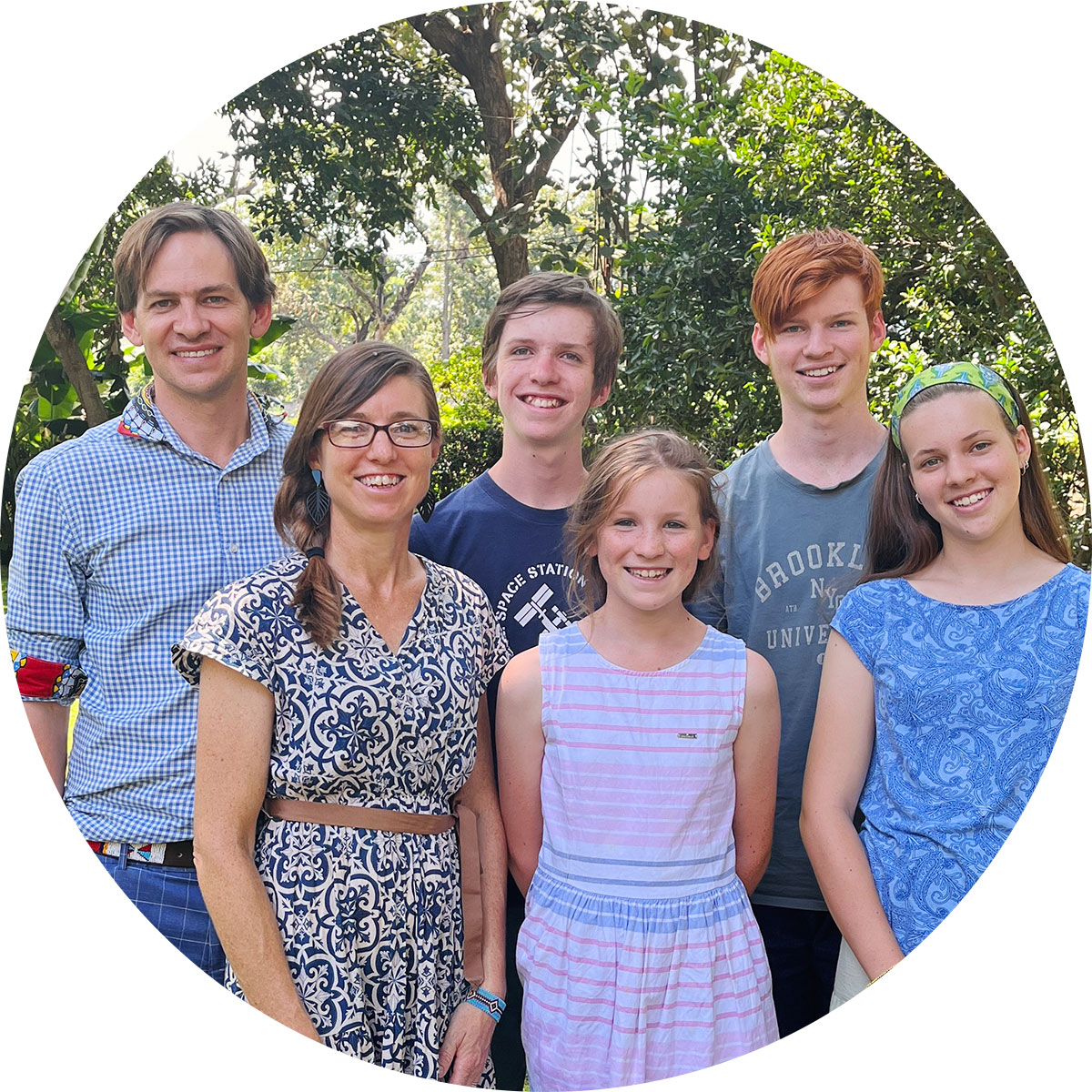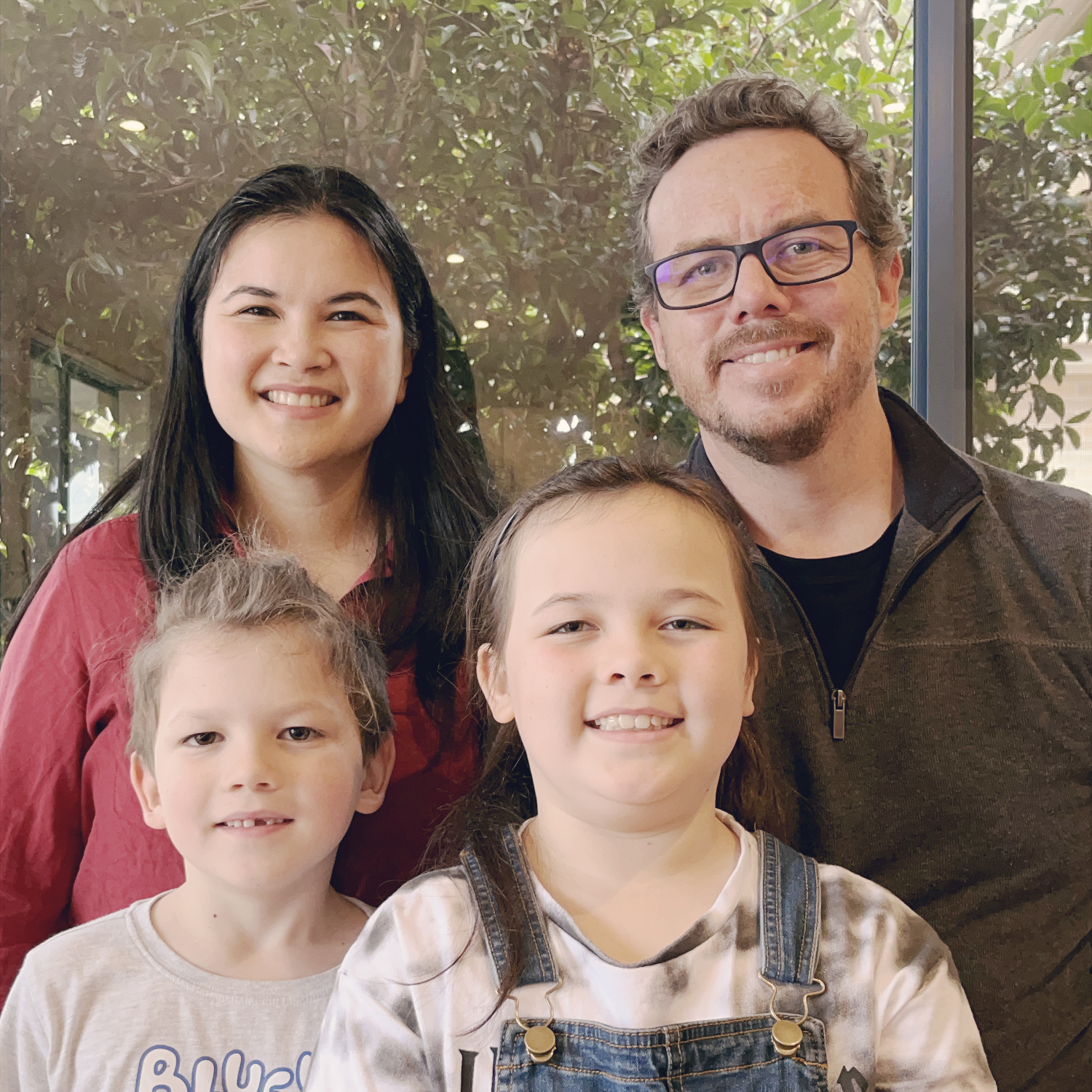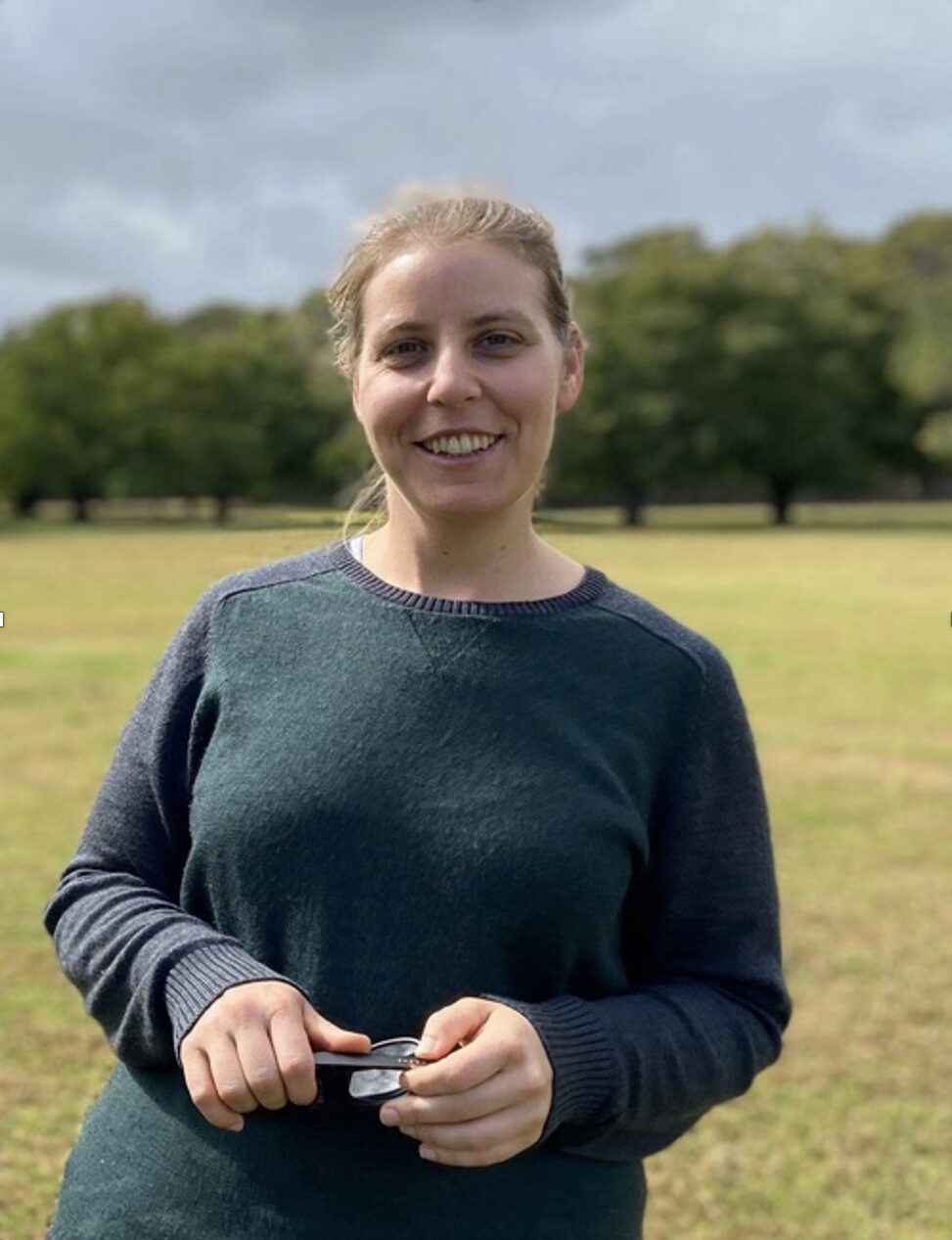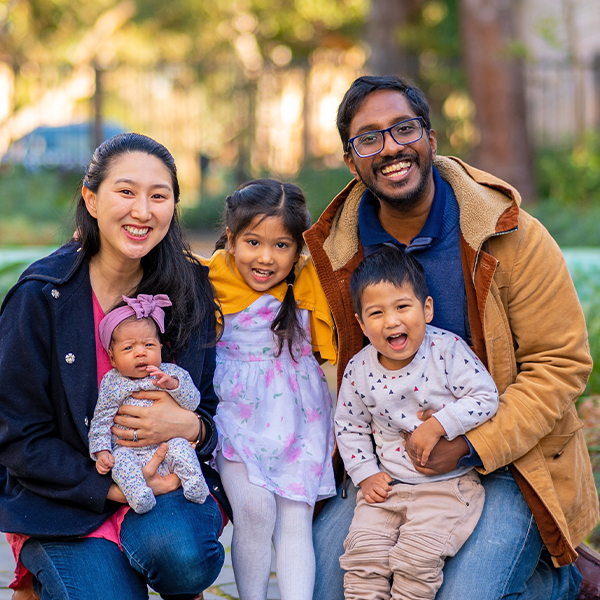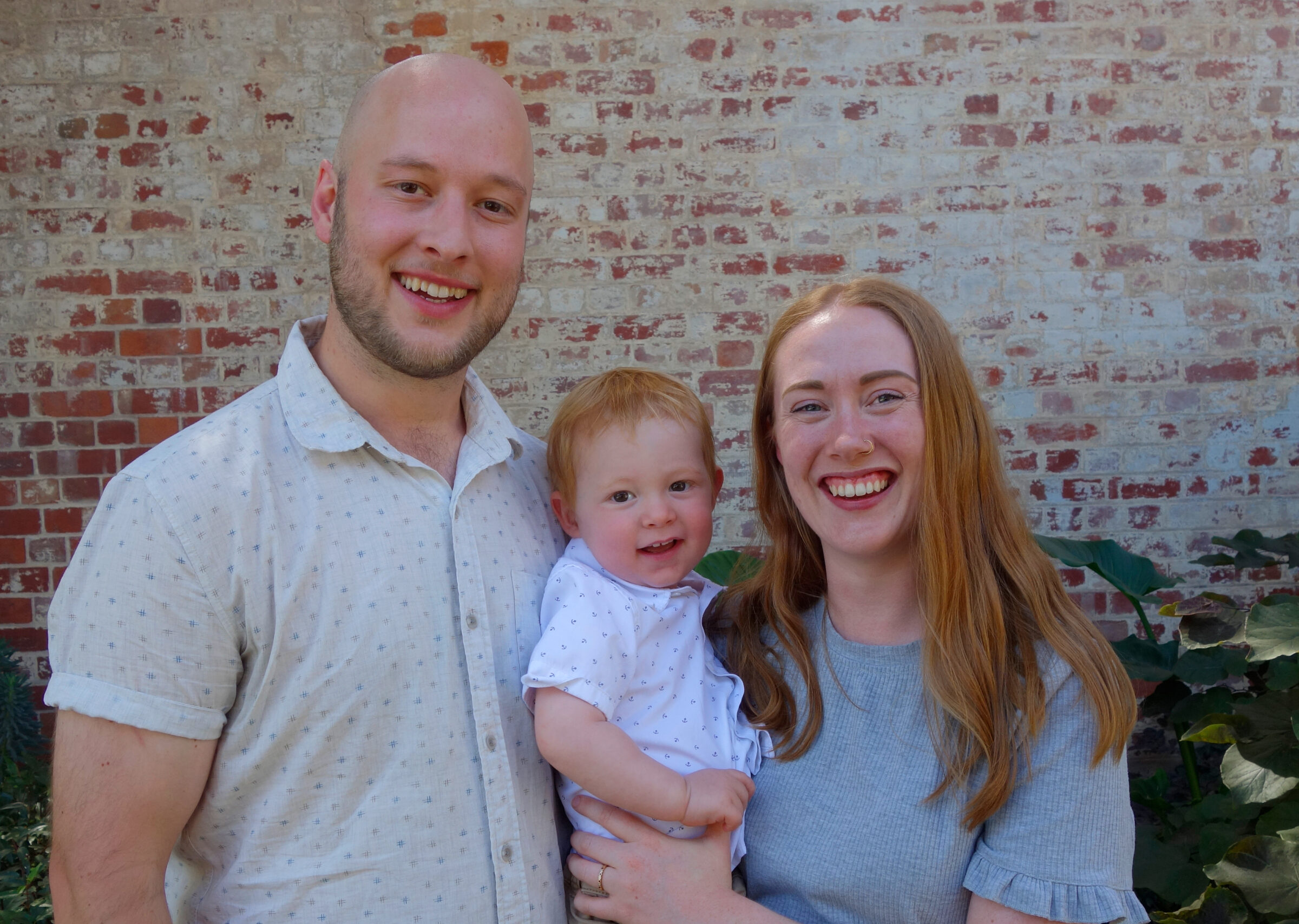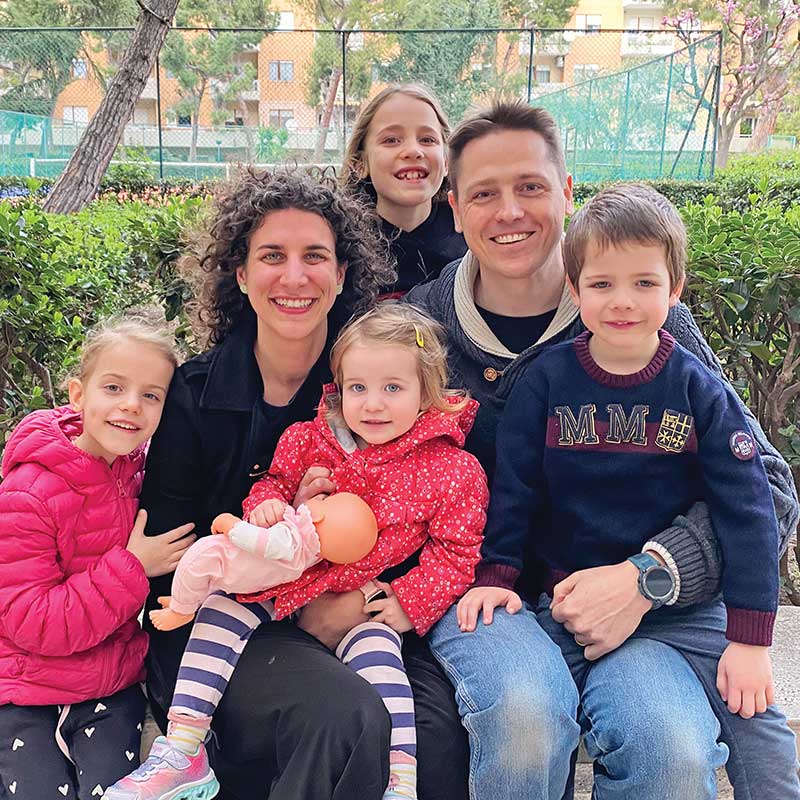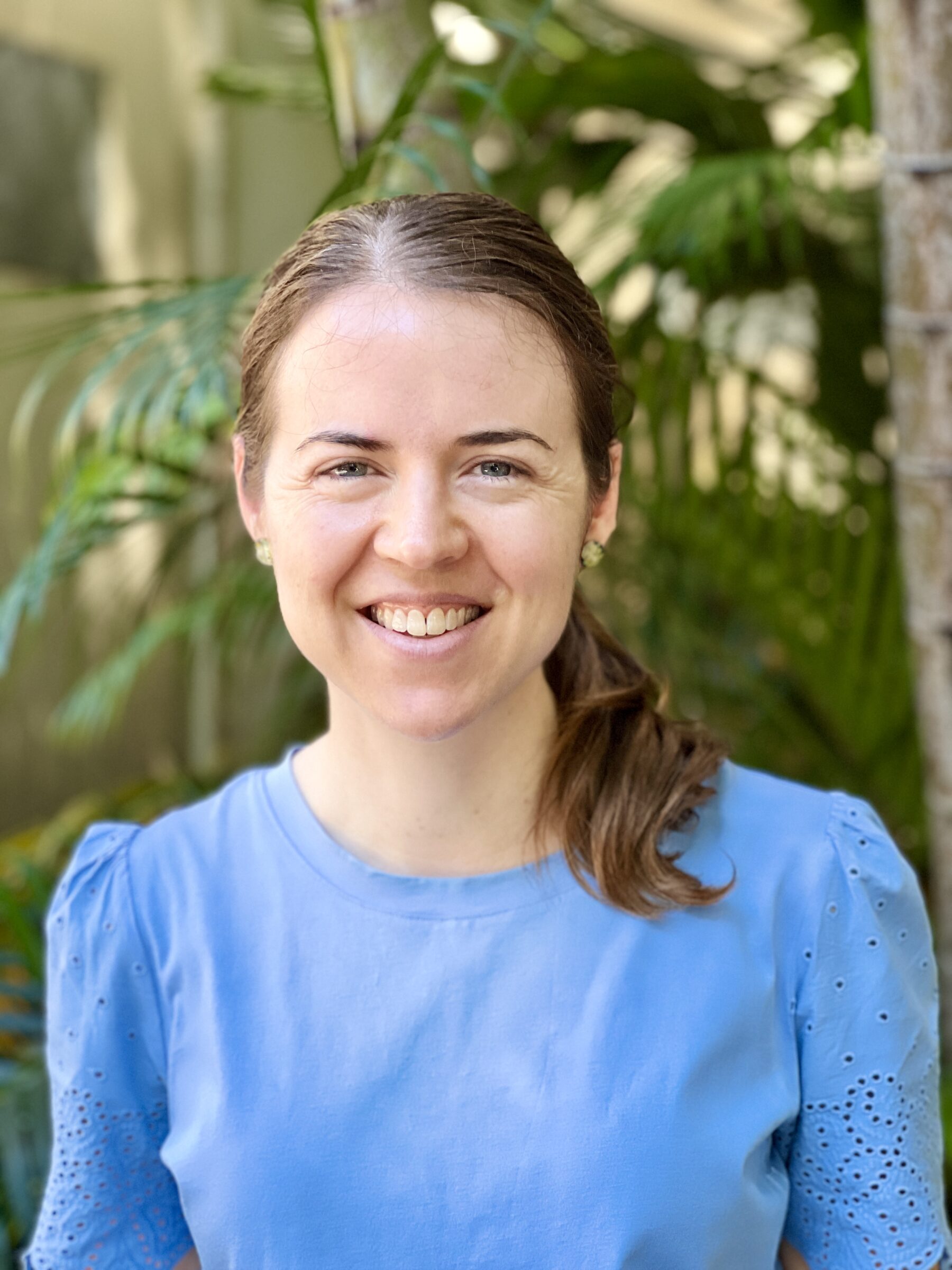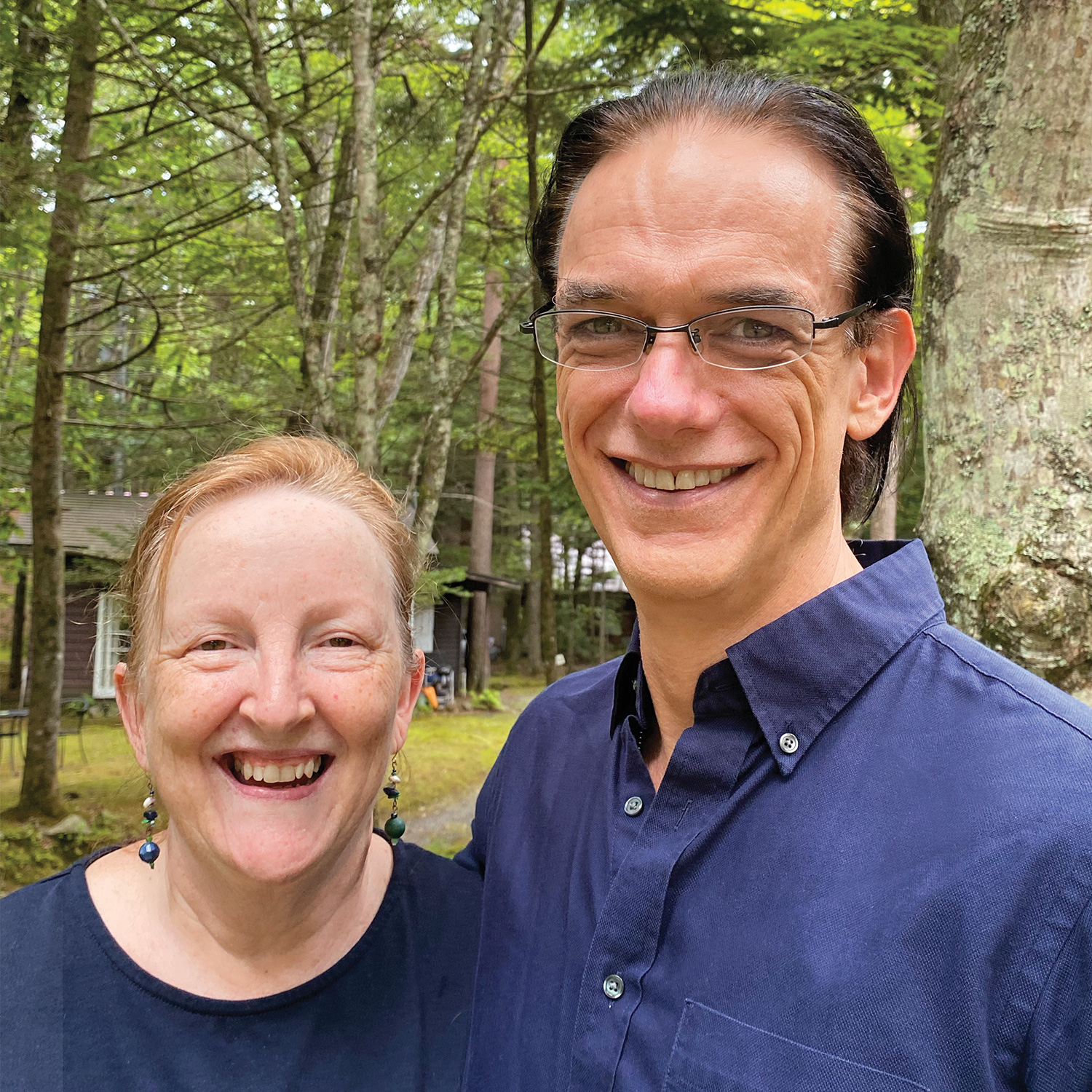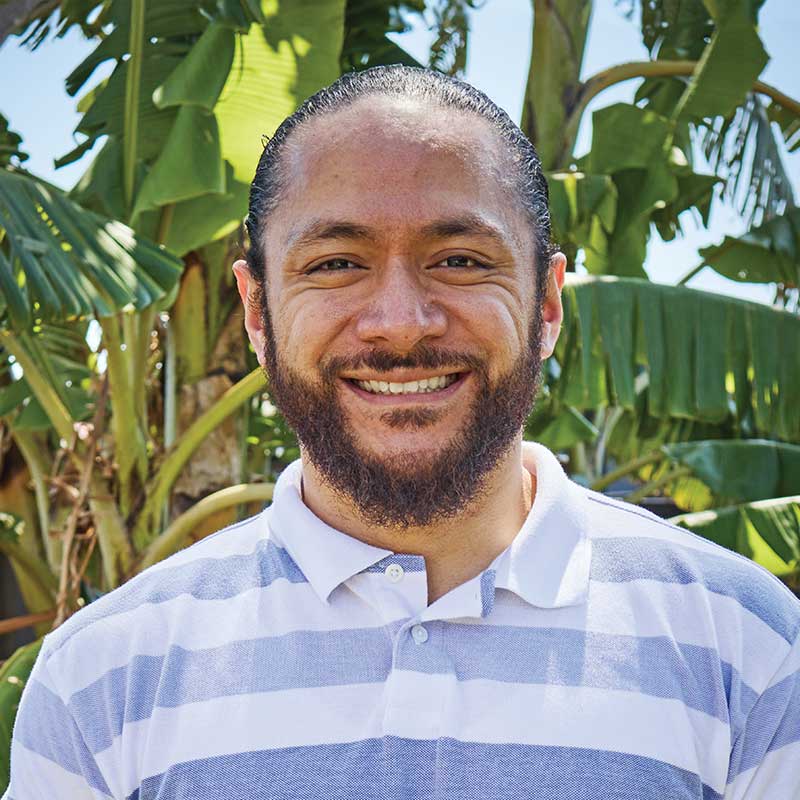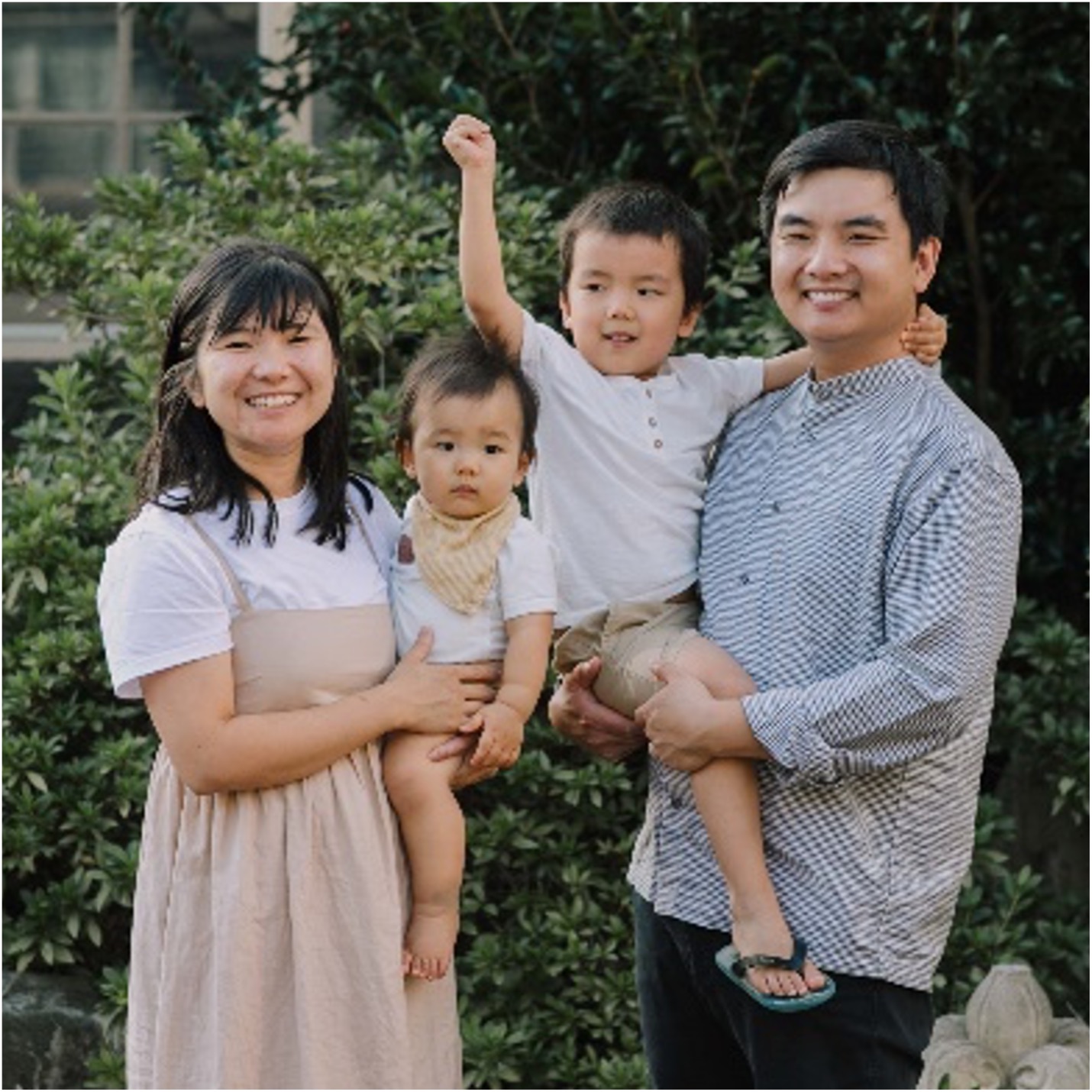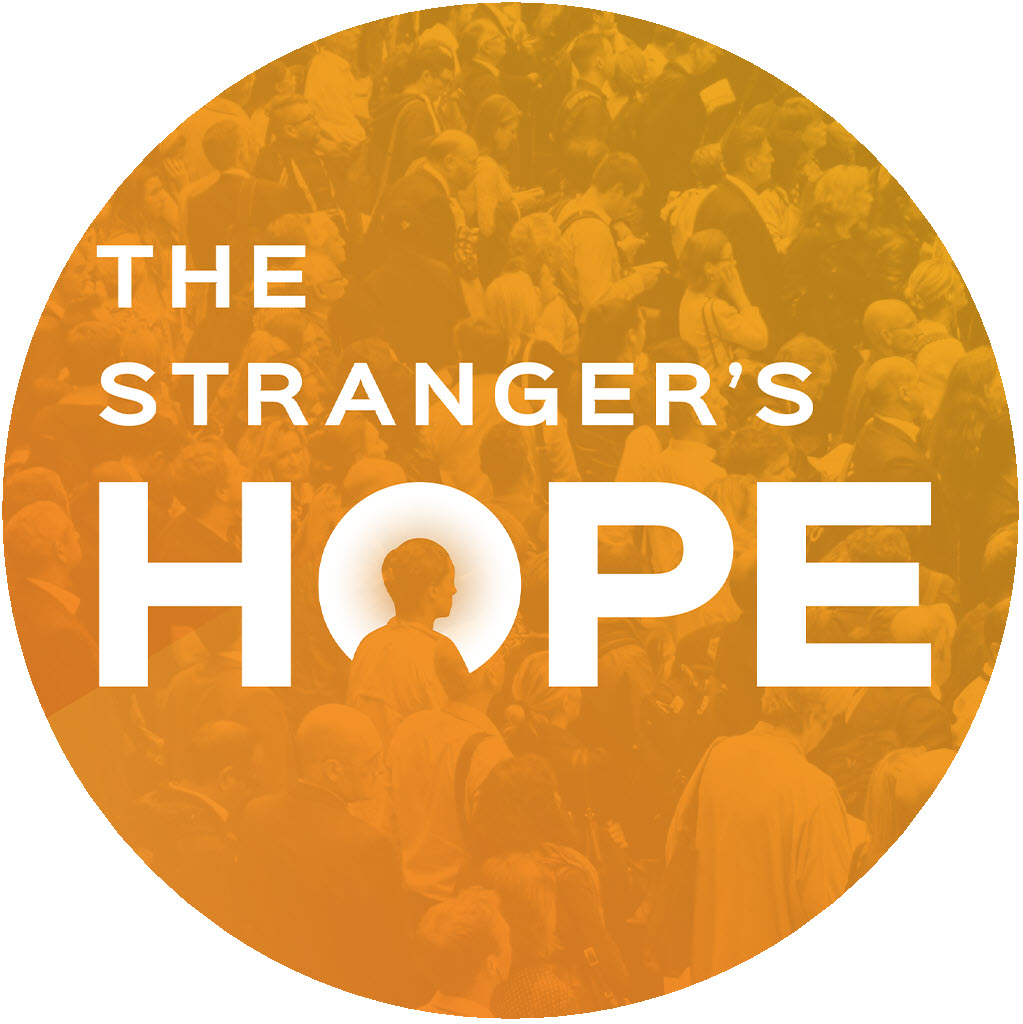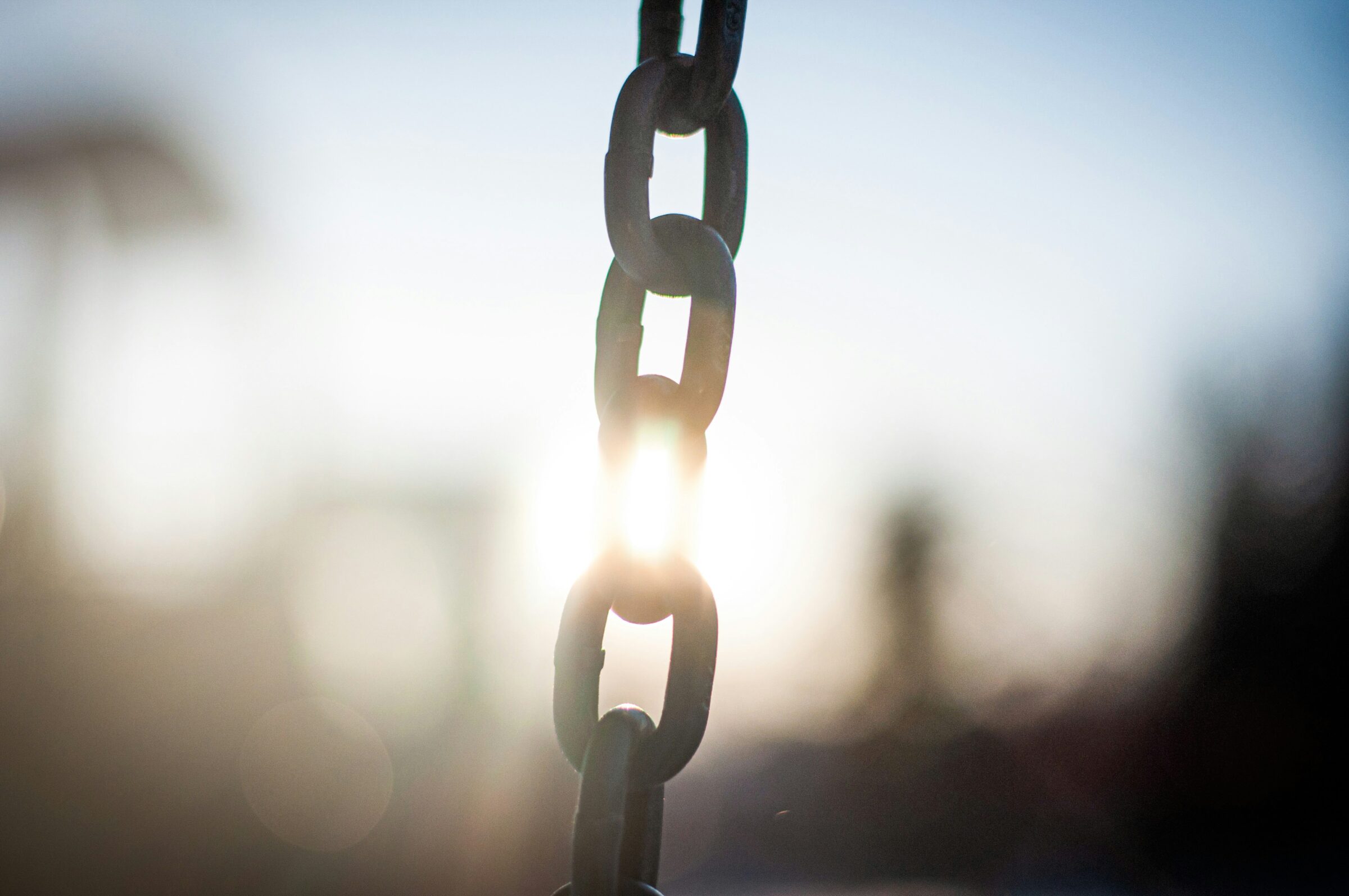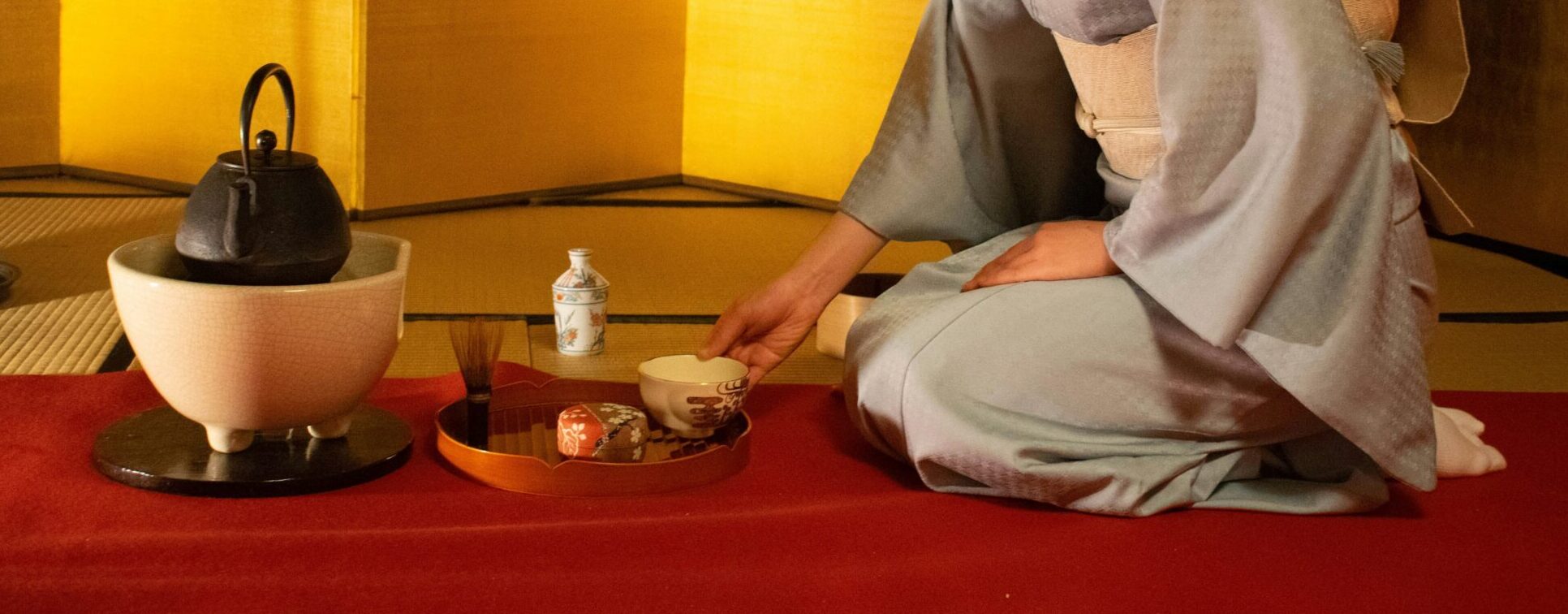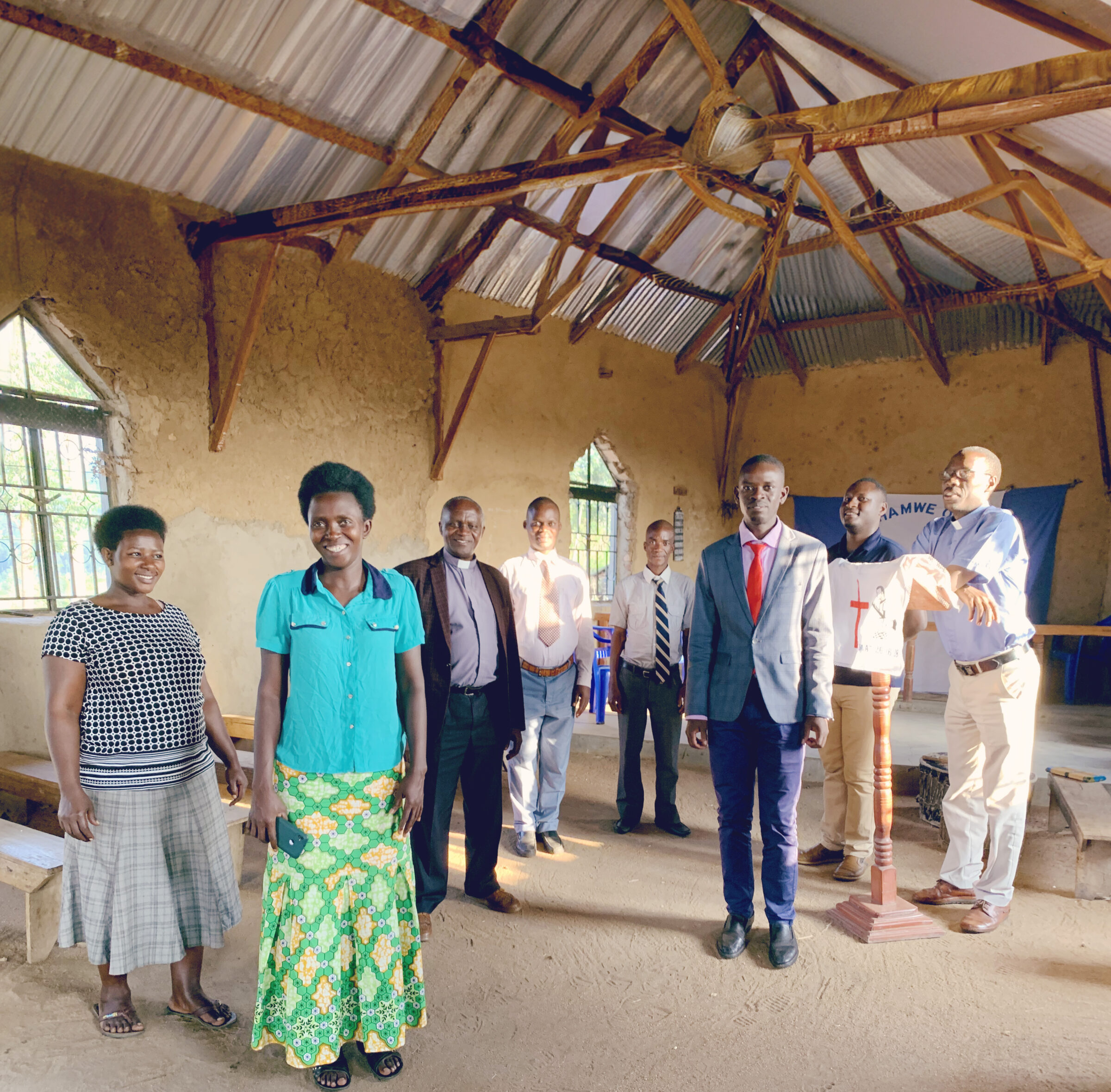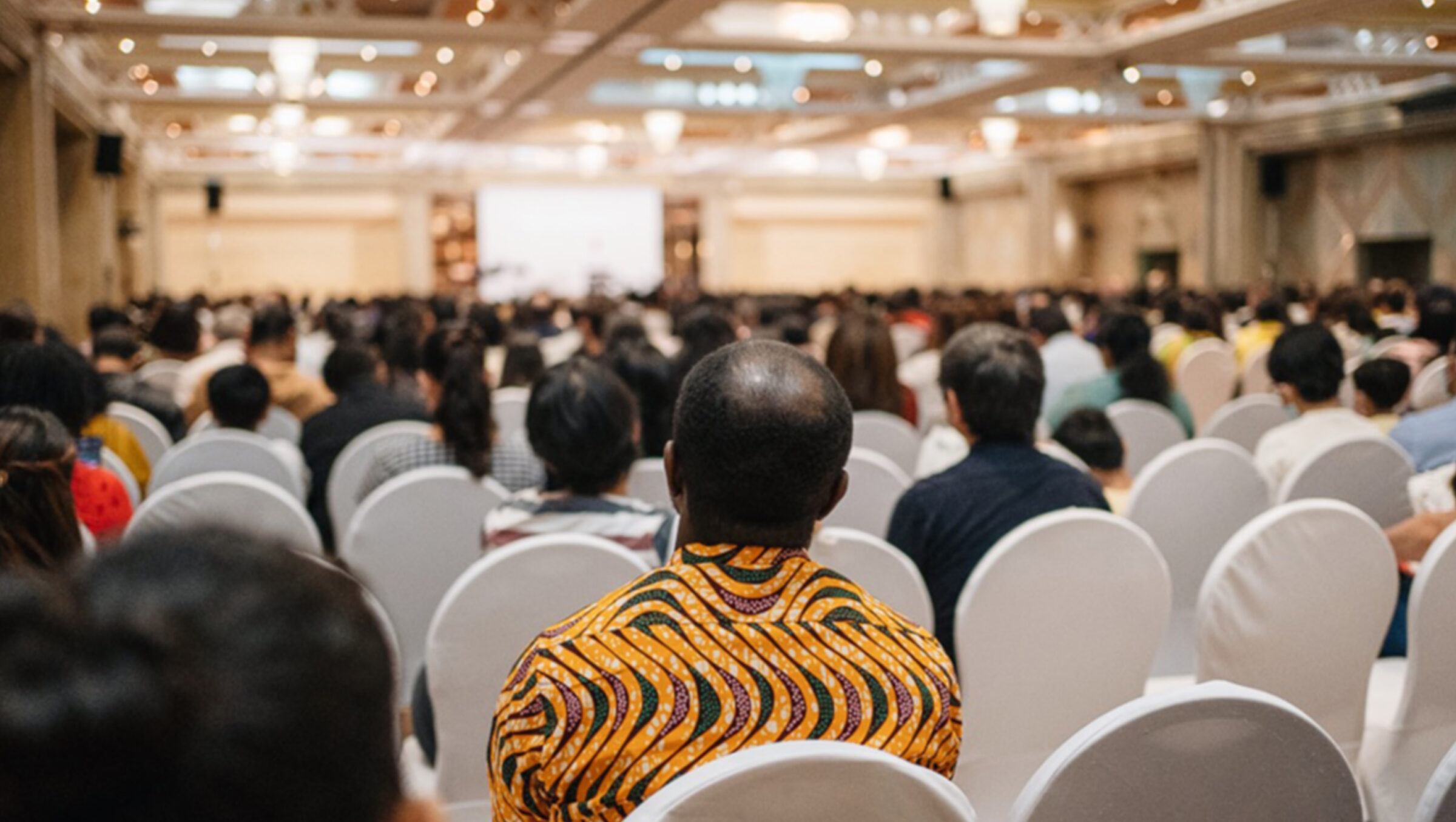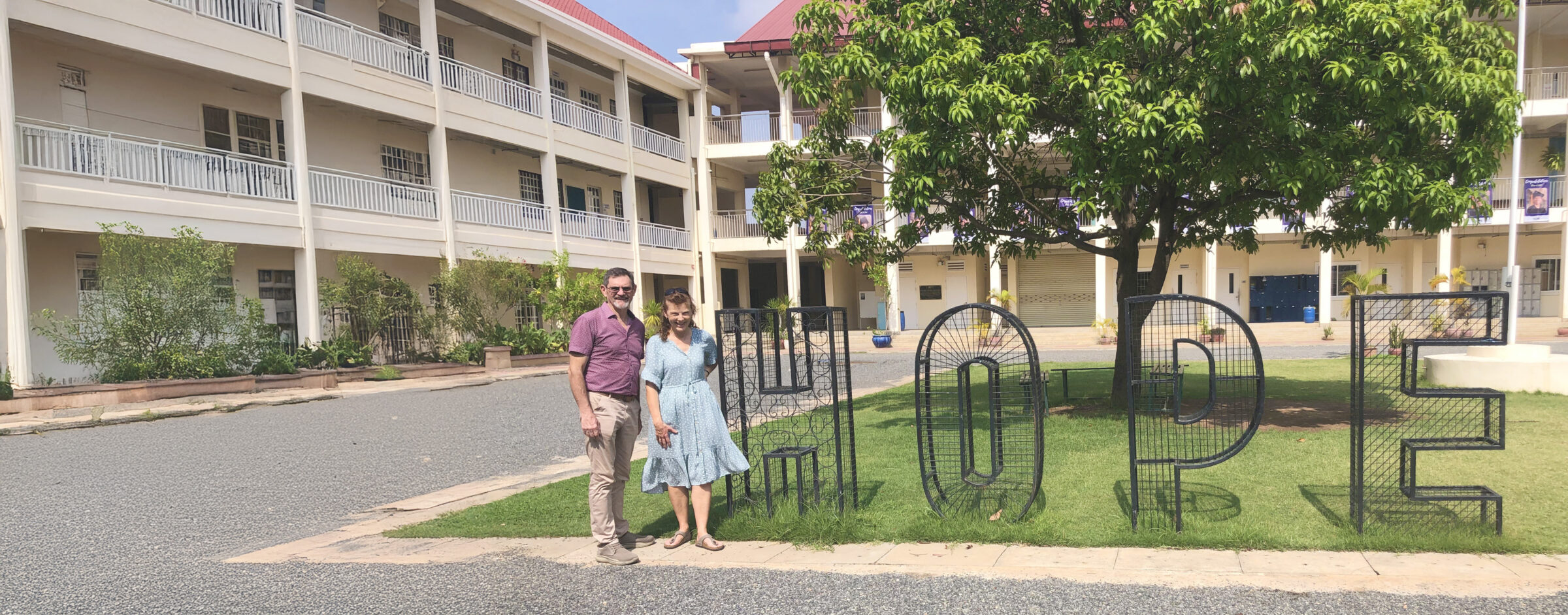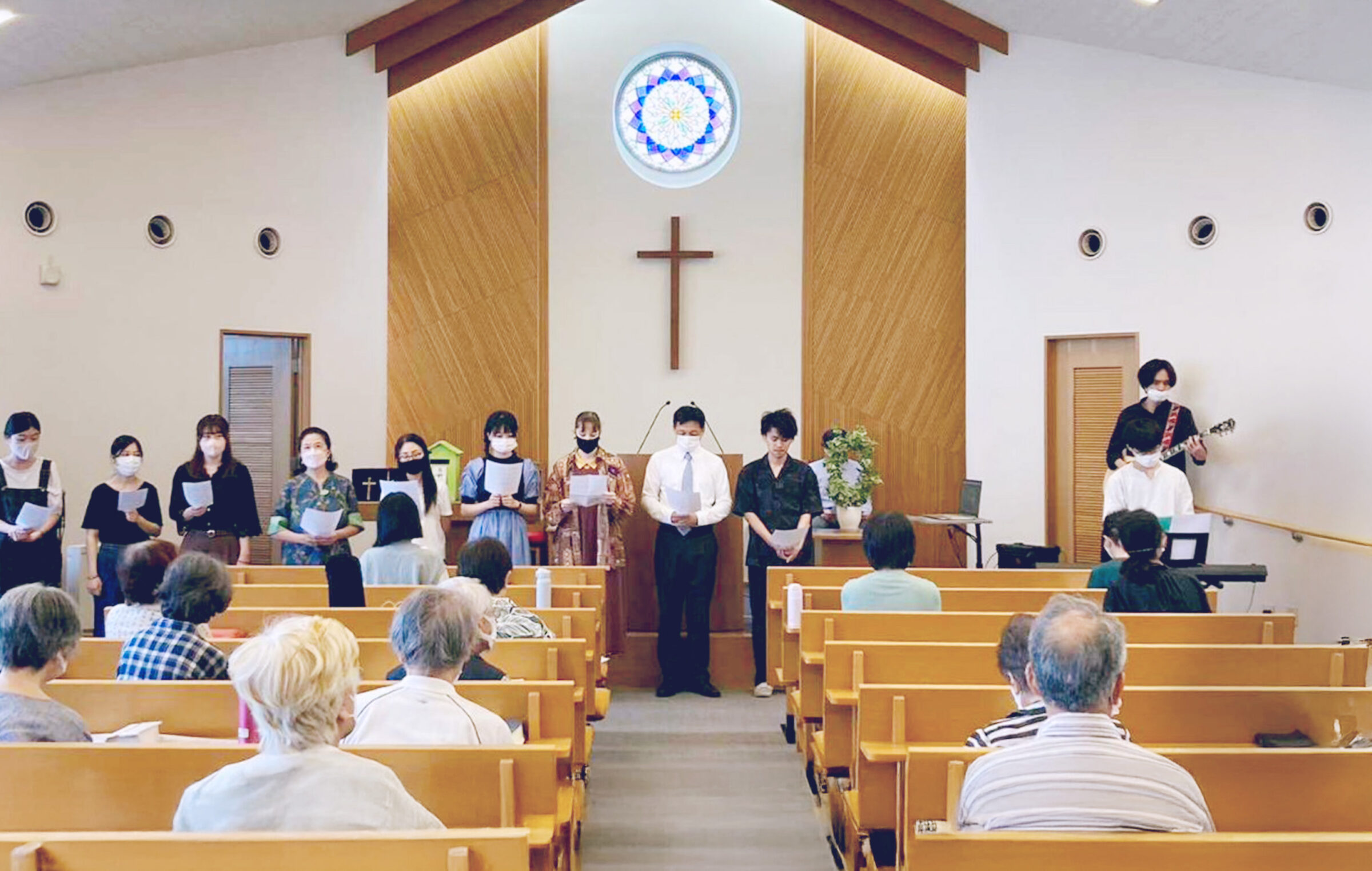How are we to engage with Muslims in Australia today?
- Public lecture at Moore Theological College with Dr John Azumah
- Dr John Azumah
On Saturday 17 June 2017, leading expert on Islam, Dr John Azumah, gave a public lecture at Moore Theological College in Sydney on how to understand and engage with Muslims today. Gordon Cheng reports.
(Please note that the following notes are a paraphrase. They are not direct quotes of Dr Azumah.)
If you believe that it is difficult for Muslims to come to faith in Jesus, you are not alone in that belief. Historically speaking, one of the most difficult ministries in the world has been gospel ministry to Muslims. It has been dispiriting and discouraging. Many workers in the mission field report enormous trouble and sacrifice for little obvious reward (“We have fished all night but we have caught nothing.”) Historically speaking, there has been great difficulty in making headway amongst Muslim people. It is a difficulty that continues in many locations today.
But we live in a different time now, and we are blessed to see what God has been doing.
Dr Azumah suggested that when we consider the history of Christian ministry to Muslims, we might acknowledge that we are living in ‘the worst of times’. We are also living in ‘the best of times’.
‘The worst of times’
‘The worst of times’ date from when Islam burst out of the Arabian Peninsula in the seventh century. At that time, there were five world centres of Christianity. Within a single decade, three of those centres – Jerusalem, Antioch and Alexandria – were captured, survived only by Constantinople and Rome. In the fifteenth century, Constantinople fell. Prior to this Christianity had been an eastern religion. The early victories of Islam changed this irrevocably.
The other ‘worst of times’ for the gospel was during the time of the Crusades in the eleventh to thirteenth centuries. In response to Islamic jihads, Christendom launched a series of largely unsuccessful attacks upon the Islamic world, notably aimed at retaking Jerusalem, but with ambitions that included large areas of the Middle East.
For the most part, these attempts failed, with Christians in the Middle East paying the heaviest price for these failures. Not long after the Crusades, Christianity was left decimated in the Middle East, mainly due to external military interventions, such as the Mongol invasions of the thirteenth century. These interventions continue today in the form of outside forces involved in the Middle East, with the result being that less than one per cent of the population in the region can be identified as Christian.
These ‘worst of times’ are all that people talk about and all that they see. And it is true that Christians who commit to staying in the Middle East are making huge sacrifices. However, there is another story to be told.
‘The best of times’
In 2014, Dr David Garrison published a book titled, A Wind in the House of Islam, which draws attention to the work God is doing in the Muslim world.
Dr Garrison tracks Muslim conversions to Christianity over the centuries with a focus on ‘movements’ rather than individual conversions. The baptism of at least a thousand believers within 20 years in one region or location, that is a movement. The church planting of one hundred of churches in 2 decades in one region or location, that is a movement. We are not talking about individual conversions.
How many ‘movements’, as defined here, have occurred within world history? During the first millennium of Islam, millions of Christians were assimilated into Islam. During that time, not a single movement is known to have occurred.
By the late nineteenth and early twentieth centuries, the British and American missionary movement began and increased in momentum. A stated focus of some mission conferences in the early twentieth century was simply to stop the spread of Islam. An attempt was made on dogmatic intellectual grounds to prove that Christianity was better than Islam.
These attempts largely failed. In the twentieth century, the number of Muslims grew from 12 per cent to 21 per cent of the global population. Numerically speaking, the missionaries did their best and failed. Christian mission did not produce movements of conversion from Islam to Christianity.
But during that era, for the first time in world history, and for different reasons, a conversion movement happened in Indonesia. A local convert, Sadrach Surapranata (1835–1924), began to evangelise in Java. The Bible had been translated into the Javanese language, and Surapranata spread the gospel in that language. More than 1000 people were converted in 20 years – the first movement had begun. By the time of Surapranata’s death, somewhere between 10,000 and 20,000 Javanese had become Christians.
According to Dr Garrison, the second conversion ‘movement’ after Java began in Ethiopia. The 1979 Iranian Revolution marked the beginning of another. At the time of the Shi’ite Muslim revolution and takeover, there were no more than 500 Christians in the country. But today, Iran is an amazing place for Christianity. Two or three movements have arisen in that country in the intervening years. Eleven movements occurred during the 1990s in Algeria, Albania, Bangladesh and other places, so that by the end of the twentieth century, 13 movements had been documented.
Then in the first 12 years of the twenty-first century, Dr Garrison reports that there were another 69 movements. He speaks of “the hand of God in the glove of world events”. These movements often emerge in disaster zones, both natural and human in origin: Algeria after the 1990s’ civil war; Afghanistan after the war.
According to Dr Azumah, the main growth of Islam can be related to normal biological population growth, with North America and sub-Saharan Africa the only places in the world where Muslim numbers are growing due to conversions.
This means the current picture is one of enormous opportunity, and actual gospel growth, amongst Muslim peoples. A picture that Christians today are called to be a part of because, whether they see them as ‘the best of times’ or ‘the worst of times’, these are the times they live in.
How to be a part of it
Contextualisation of the gospel is key, according to Dr Azumah. To move a Muslim out of his culture like moving a snail out of its shell: the snail dies. The greatest gift we can give, if this is so, is the Bible in the mother tongue of the people. This will be aided by the partnership of missionaries coming alongside local Christians and equipping them.
Today, visions, dreams and supernatural events are attracting Muslims in many places to learn about Christian faith. Stories abound of healings and of Muslims asking Christians to pray for them and receiving deliverance from demonic power. Progress is being made amongst folk Muslims who often represent the mystical face of Islam.
Today, Muslims are coming to us as refugees. There is no excuse for Christians not making themselves available to them to answer questions. There is no PhD needed to make friends with people. Even primary-aged children can make friends.
Today, Muslims are coming to God in movements. The field has never been as ready for the gospel as it is now. What Christians need to do is pray for ways to be involved. Some are called to pray, some are called to go, others to welcome and still others to equip evangelists. What is clear is that each Christian has a role to play.
GO
There are multiple opportunities with CMS to pursue ministry of various sorts amongst Muslims. Find out more about becoming a missionary here or contact your state branch.
More locally, Mentac (Mentoring Across Cultures) offers training in cross-cultural ministry to Muslims in Victoria, Sydney and Brisbane. Contact your CMS state branch for more information.



